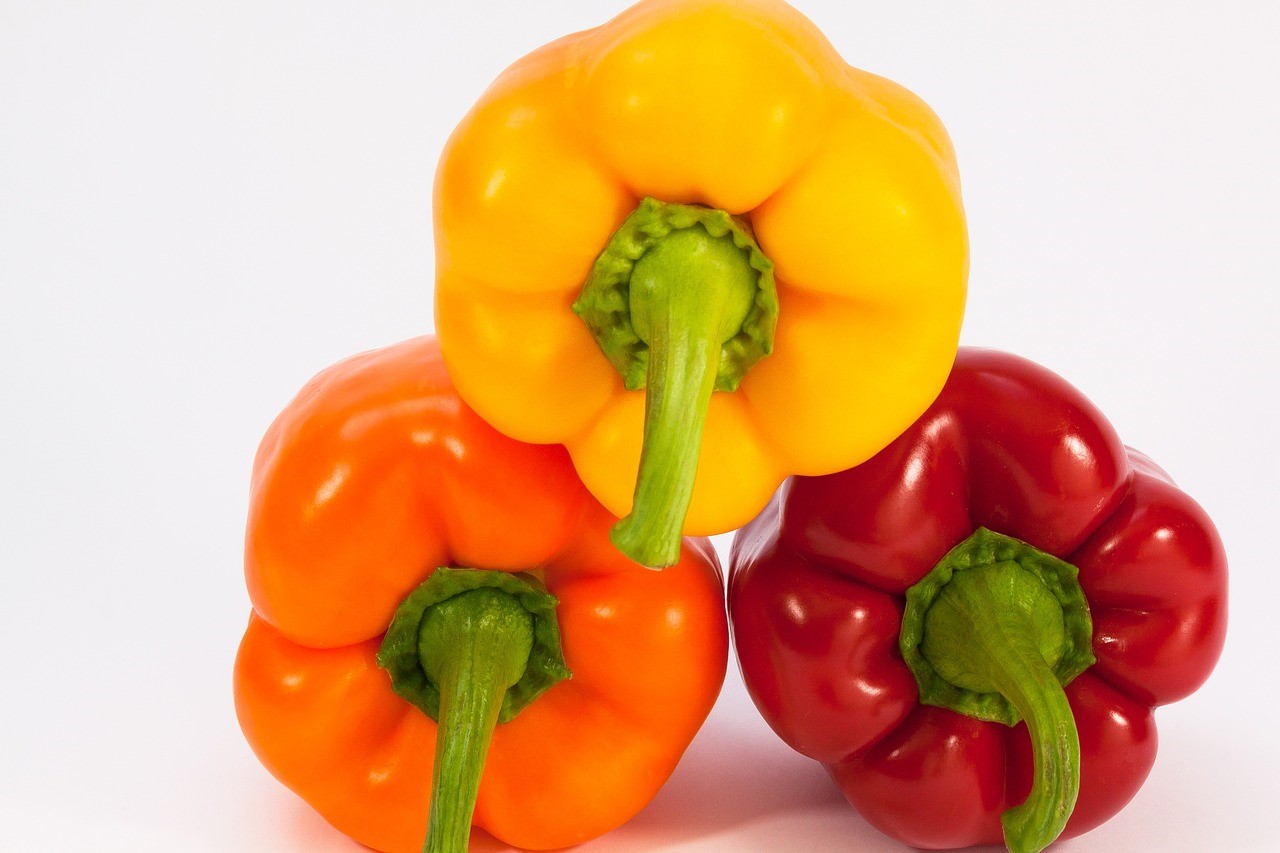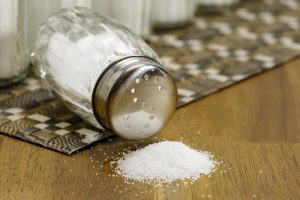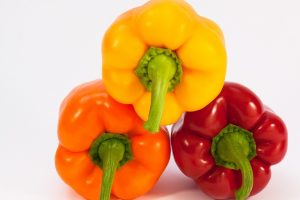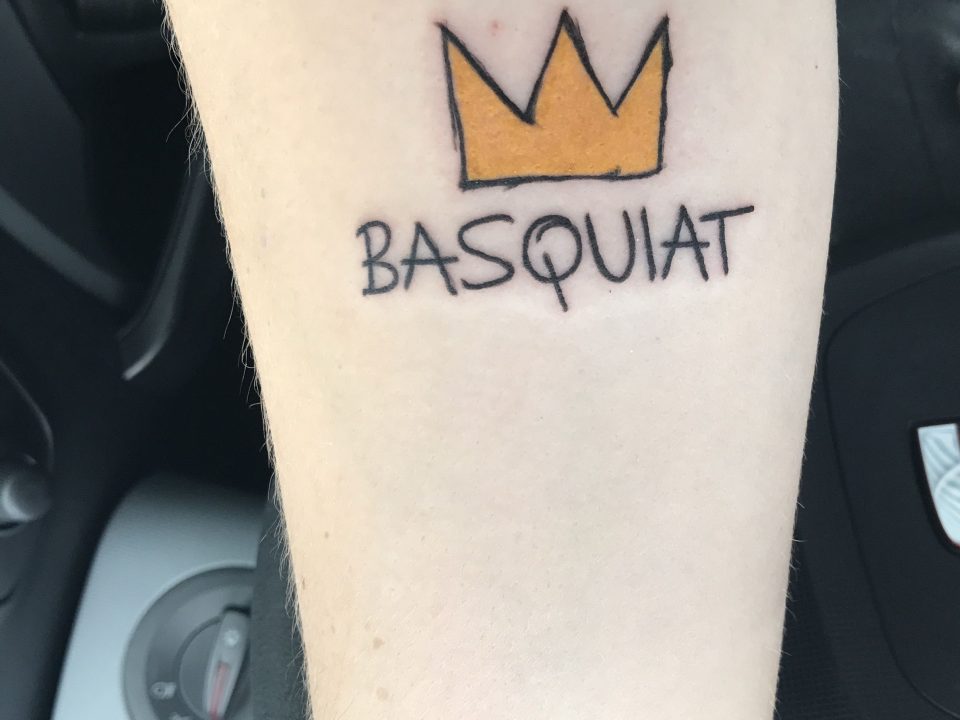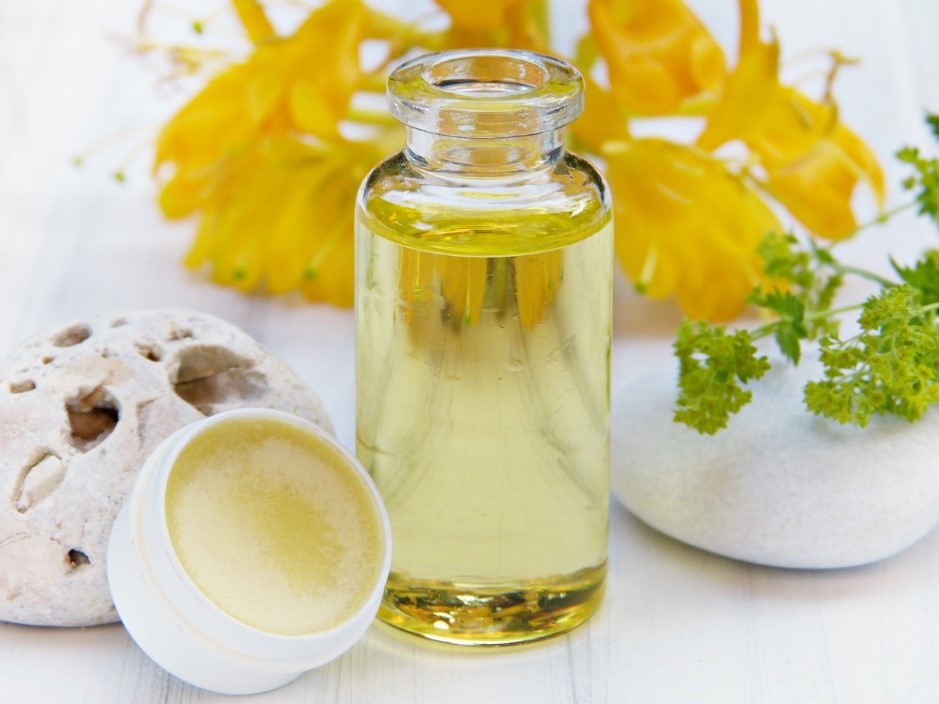
5 Helpful Tips for Self-Cleaning Your Carpets
December 17, 2019
4 Home Improvement Projects That Create Instant Appeal
December 17, 2019Good nutrition is one of the cornerstones of healthy aging. For seniors who want to live a longer, healthier life, it’s all about knowing what to eat and what to avoid. As we get older our bodies start to change and the nutritional requirements necessary for good living begin to change as well. That means many elderly adults must take another look at the foods they consume on a daily basis.
But while it’s true that most seniors don’t like to implement a lot of change in their lives, food is too critical a component for healthy aging not to be addressed. So whether you’re an elderly adult reading this, you’re a loved one who has concerns for an elderly parent who isn’t eating right, or you’re a caregiver tasked with providing professional senior care services in Baton Rouge, you need to take these helpful hints to heart.
After all, it’s the most important muscle in the human body and it relies on proper nutrition to keep working properly.
Here are some of the things every senior should be doing when it comes to their diet:
Table of Contents
ToggleReduced the Salt
Lowering your sodium intake is critical because allowing for too much salt in one’s diet can bring about high blood pressure in elderly adults. High blood pressure has been shown to result in a higher risk of stroke, heart disease, and kidney disorders. So, skip the salt and try out some different spices and herbs to brighten up your meals.
Read the Labels
Too many seniors ignore the nutritional labels on their foods. This is a mistake, because those labels are your greatest ally to help get all of the daily recommended nutritional requirements. Understanding how to read these labels is imperative, it’s the most useful information for ensuring that every meal is not just nutritious, but also avoids putting foods in high fats and sodium on your plate.
Recommended Daily Allowance
It’s important to know which foods to eat, it’s also just as important to know how much of those foods you should be eating. This is even more critical for seniors, the recommended daily allowance of each of the main food groups is designed to provide a guideline for good nutrition. Elderly adults should place an emphasis on fruits and vegetables when it comes to understanding recommended daily allowances.
Vitamin Intake
Don’t forget to make sure you’re getting enough vitamins. Whether you’re ingesting them as part of the vitamins and nutrients of the food in your meal or you’re taking additional supplements, certain vitamins are absolutely vital for a longer, healthier life. Seniors should pay close attention to their intake of vitamin D and calcium for good bone density, potassium to reduce the risks associated with high blood pressure, and B12.
Hydration
Plenty of water is also an essential element of eating right. Staying hydrated helps the body flush its internal organs and various systems to remain healthy. But while water is best, you should avoid or greatly reduce intake of drinks that are high in sugar and sodium or alcohol.

